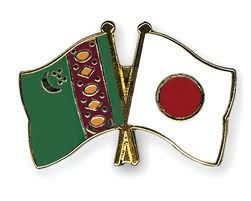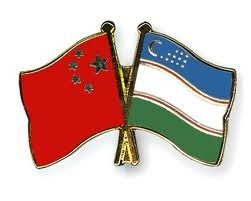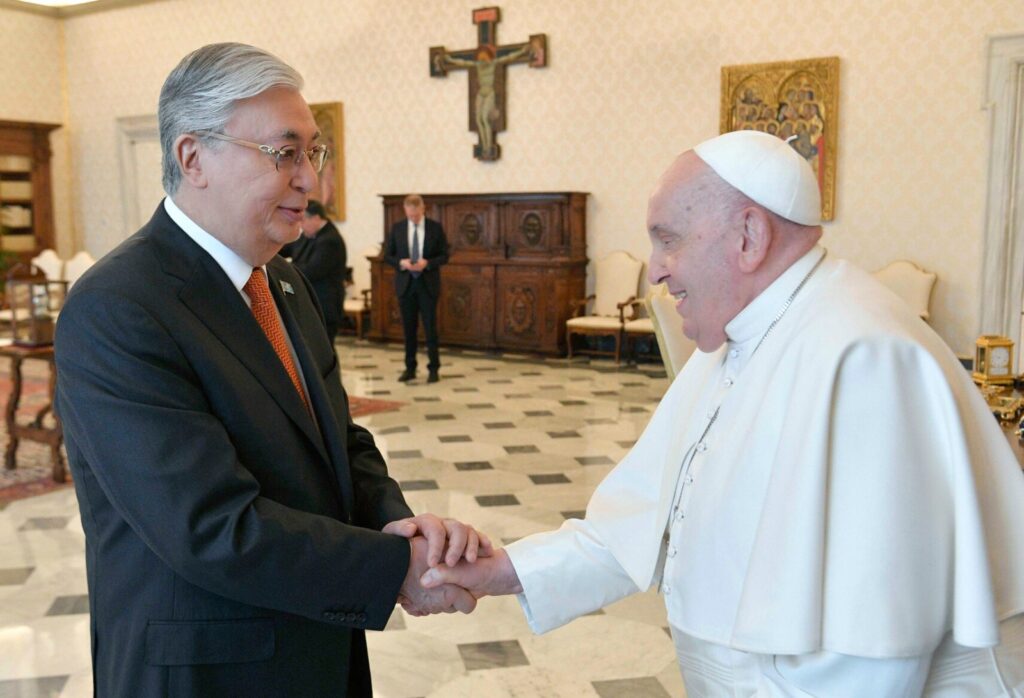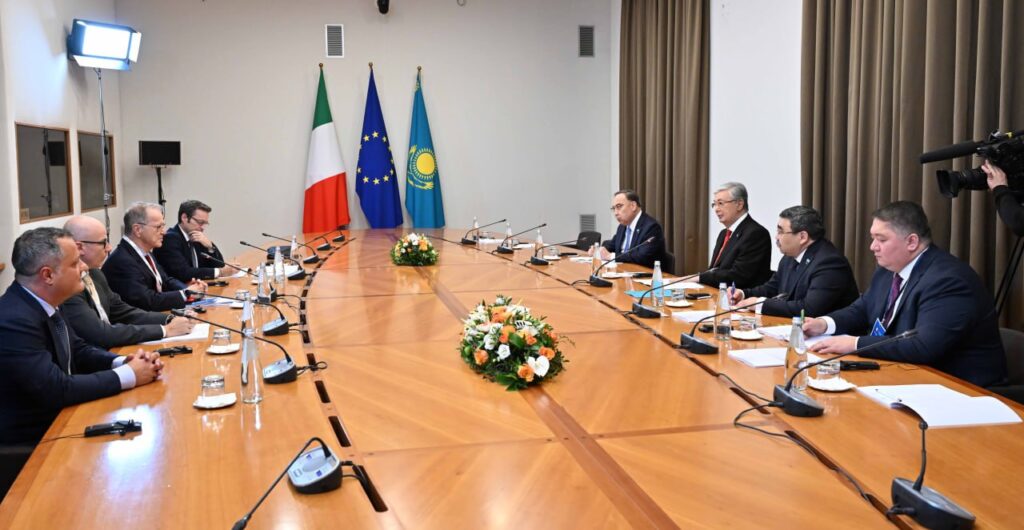The president of Uzbekistan Shavkat Mirziyoyev will make a state visit to China from January 23rd to 25th, at the invitation of the Chinese president, Xi Jinping. On the eve of the visit, the Chinese People's Daily Online published an article by Mirziyoyev, entitled “Uzbekistan and China: millennia-long friendship and cooperation,” in which the Uzbek leader says that Uzbekistan is a friendly neighbor and committed strategic partner to China, and that the development of multifaceted relations with China has always been one of the main priorities of Uzbekistan's foreign policy. Mirziyoyev wrote that Uzbek-Chinese relations are experiencing the best period in their history, with trade, economic and investment cooperation steadily growing. Last year bilateral trade turnover grew by 40 per cent, Mirziyoyev wrote, with China being Uzbekistan’s “top trade partner”. In recent years the volume of Chinese investments in Uzbekistan has increased five-fold, and the number of enterprises with Chinese capital in various sectors of the economy has tripled. A number of large joint investment projects are underway, spanning sectors including technology, alternative energy, chemicals, mechanical engineering, metallurgy, electrical engineering and infrastructure modernization. Mirziyoyev added that “thanks to our Chinese partners, we are taking important steps in developing green energy to create 27 gigawatts of renewable energy generation capacity by 2030”. Mirziyoyev emphasized that Uzbekistan is actively involved in implementing China's Belt and Road Initiative (BRI), which has become a global consolidating force. “In 10 years, this grandiose idea of the revival of the Great Silk Road has gained supporters in all corners of the planet, uniting two-thirds of the world's countries. Today, from an appealing concept, it is turning into a practical reality. For us, the BRI is not just an infrastructure project. Through the joint implementation of the initiative, the region is becoming an important link in global connectivity, overcoming transport remoteness.” “Today, we can firmly state that the earlier voiced predictions of skeptics about the predestined fate of the region's countries to become only a transit corridor for China's trade with Europe, South Asia and the Middle East failed to come true,” Mirziyoyev stressed. “Today, investments are increasing in Central Asia, with the number of joint high-technology industries growing, enhancing the economic potential of our countries. China's strategic role enables Central Asia to be open to broad cooperation with the rest of the world, turning the region's geographical disadvantages into advantages.” The Uzbek president also said that the first summit between the heads of state of the Central Asian countries and China, held in May 2023 in Xi'an, was a breakthrough in their relations and set out the future development of multilateral cooperation. “This format has huge potential for building a model of comprehensive development of the states of the region and the western provinces of China, opens the prospects for the transition to close industrial and technological cooperation, as well as the development of transport, digital and humanitarian connectivity of the Central Asian countries with China,” Mirziyoyev said.








